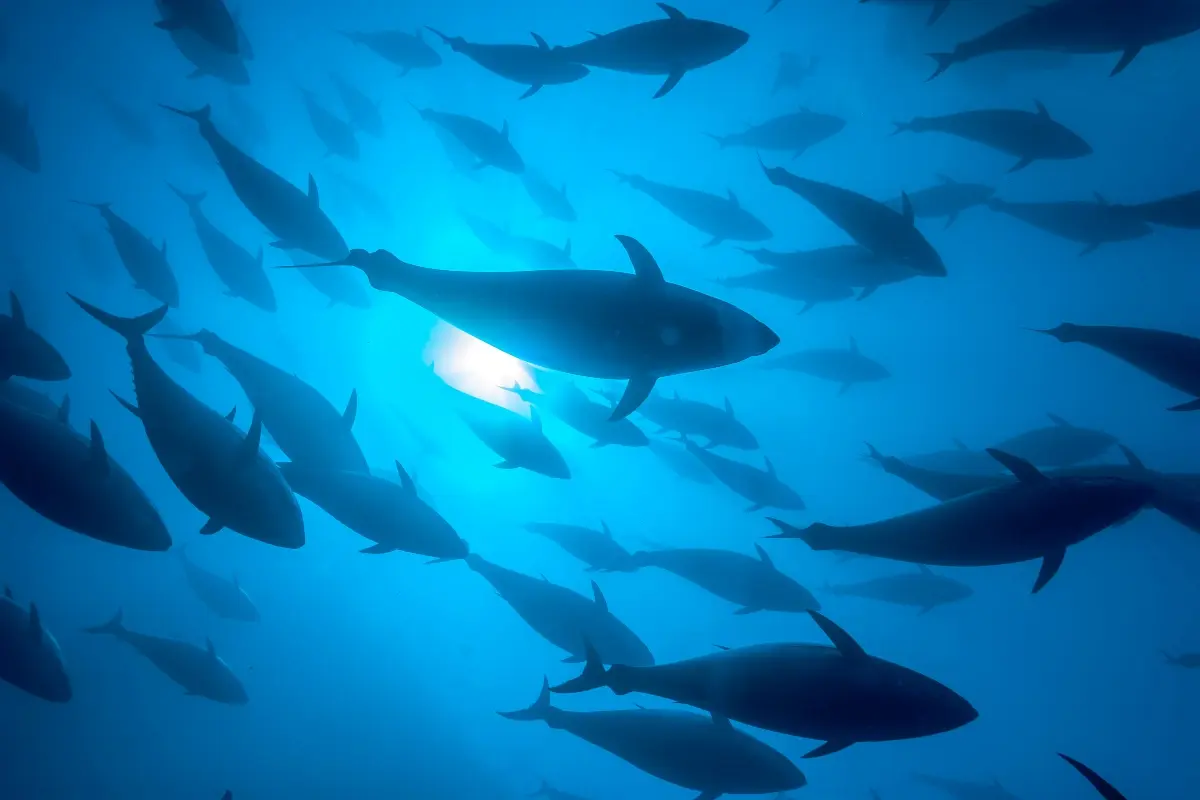
Marine biodiversity: historic agreement at the United Nations
Non-territorial oceanic areas will also enjoy special protection /Annex

After nearly 20 years of negotiations, the United Nations has adopted a legally binding treaty to protect marine biodiversity beyond national borders defined as the "high seas", which covers two-thirds of the world's oceans.
The High Seas Treaty was unanimously adopted on Monday at the Intergovernmental Conference on Marine Biodiversity of Areas Outside National Jurisdiction. The agreement will enter into force once ratified by 60 of the 193 member states of the United Nations.
“The ocean is the lifeblood of our planet and today you have pumped out new life and your hope is to give the ocean a fighting chance”, UN Secretary-General António Guterres told delegates.
The treaty is a legally binding international instrument under the 1982 United Nations Convention on the Law of the Sea and aims to "ensure conservation and sustainable use". The new agreement contains 75 articles to protect and ensure responsible use of the marine environment, including provisions based on the 'polluter pays' principle.
The Food and Agriculture Organization of the United Nations (FAO) has welcomed the approval by UN member states of a historic legally binding agreement, under the UN Convention on the Law of the Sea , for the conservation and sustainable use of marine biological diversity in the international waters, which cover nearly two-thirds of the world's oceans.
FAO is ready to support its members in implementing the agreement, commonly referred to as the "High Seas Treaty", on the conservation of marine biodiversity of areas outside national jurisdiction (Bbnj), which has been under discussion for almost two decades and was approved at an intergovernmental conference in New York on 19 June after five negotiating sessions.
The BBNJ agreement "is of great importance to our efforts to address environmental challenges and promote the conservation and sustainable use of marine biological diversity in the high seas", said Manuel Barange , director of FAO's Fisheries and Aquaculture Division. The agreement "allows us to complete the legal and institutional framework for global ocean governance and, as a result, manage and conserve our precious marine biological resources more effectively", added Barange .
FAO has consistently advocated sustainable and effective fisheries management as the best way to restore stocks, conserve biodiversity and ensure that people continue to benefit from ocean resources, including the high seas.
Attached to this EFA News is the original text of the UN treaty on the protection of biodiversity in the oceans.
EFA News - European Food Agency